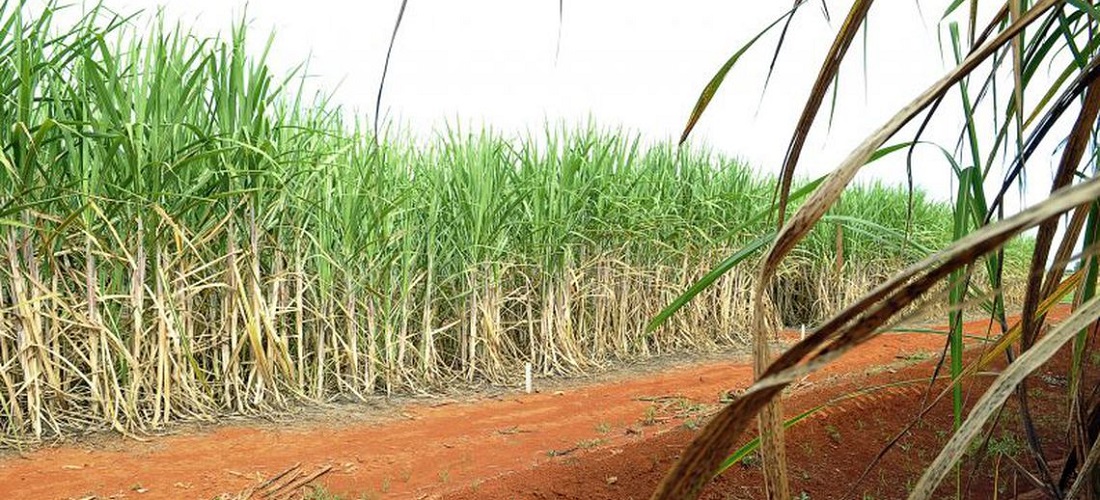
Brazil challenges India in WTO sugar dispute
Jan, 13, 2022 Posted by Gabriel MalheirosWeek 202202
On January 11, Brazil contested India’s appeal to sugar dispute at the World Trade Organization (WTO), a case that demonstrates the negative repercussions of the US blockading WTO’s Appellate Body.
Because there is no court to attend to the matter, the Indians filed an “appeal in a vacuum.” They averted a Brazilian triumph and will be able to continue providing subsidies that the global organization considers illegitimate.
The major area of contention in the WTO sugar dispute between Brazil, Australia, Guatemala and India is a minimum price policy that mills are required to pay for sugar producers. As such price is relatively high, it stimulates excess production, which can flood the global market and lower international commodity prices.
Brazilian exporters have claimed losses from the policy adopted by the Indians, who have increased their share in the global sugar trade thanks to the subsidies.
The WTO panel’s ruling was released in early December, granting Brazil, Australia, and Guatemala reason and directing the Indians to withdraw their subsidy policy. India, on the other hand, filed an appeal with the WTO on December 24th.
The five-page, 22-paragraph Indian petition, which is jam-packed with material, was released by the WTO on January 11th. New Delhi claims that the panel made errors and seeks the Appellate Body to alter or declare the judgment null and void.
Brazil contested the Indian petition within the 18 days deadline it had to react. According to the Brazilian stance, the panel made the correct decision. However, due to the current state of the WTO, in practice, the measure favors the Indians.
India itself acknowledges in the document that there is currently no Appellate Body member to file a case. By law, three judges are required to examine a complaint. However, the Appellate Body, which ordinarily consists of seven judges, is now devoid of any members. The agency has been inoperative since December 2019, when only one Chinese judge remained active. Her term ended in 2020.
This situation happens because of the blockade that the US imposed on the Appellate Body during the Donald Trump administration, which was not modified by Joe Biden. As former WTO Director-General Pascal Lamy says, the US perceives China as a threat and wants to be able to retaliate with trade measures that are contradictory to WTO norms, which the US prefers to see paralyzed and weakened.
As a result, Washington has effectively decided to withdraw from the Appellate Body, which operates as a global trade supreme court, keeping the institution from ever being able to condemn the country.
India, unlike Brazil, is not a member of the group of 25 nations that have agreed to an interim arbitration agreement that allows for the resolution of disputes inside the group. The European Union, China, Canada, and Australia are among the members of the coalition.
Source: Valor Econômico
To read the full original article please visit:
-
Jan, 08, 2024
0
Log-In’s New State-of-the-Art Vessel Set to Commence Operations on January 10th
-
Ports and Terminals
Dec, 03, 2020
0
Port of Cabedelo increases movement by 90% in November
-
Ports and Terminals
Oct, 14, 2022
0
Audit court chairman demands a report on Port of Santos privatization
-
Steel and Aluminium
Nov, 22, 2023
0
Chinese steel imports could lead Usiminas to shut down blast furnace

